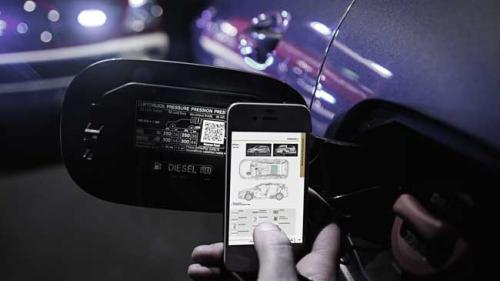Technology and the Future of Rescue
As I sit writing this blog on my iPad, listening to my iPod and drinking my iTea (the last one was not true, sorry) it is clear that technology is fantastic. It makes my life so much easier every single day. Technology gets me up on time, cleans my teeth, toasts my bread and automatically applies my brakes when I drive too close to the car in front, meaning I arrive in work safely, where I'm able to write another blog.
On a personal note not all technology is good; I mean does MP3 sound as good as vinyl? That is another discussion!
But what happens when technology fails or lets us down, even for a minute? How angry do you get when your Wi-Fi drops out or your computer freezes? It prevents or delays us from performing our daily tasks.
Well, in my view we are becoming too reliant on technology and this only becomes apparent when it lets us down.
The last few years have seen more and more technology come into our industry. When I became a firefighter in 1992 I never imagined a time where remote controlled drones would be used to obtain aerial views of large incidents or that QR codes on Mercedes would give more information to the rescuer via a smartphone or tablet.

Mercedes QR code offers information for rescuers - Its ok if your phone battery is not dead!
Don’t get me wrong, innovation is fantastic! But it is my genuine belief that technology is there to assist us, and must not replace our craft, skill and ability. In the case of extrication we must learn (and teach) the basics first and then introduce technology, (that is the way technology has historically been introduced into society, as a way of making our life easier, safer or more efficient). That way we can still perform in case of malfunction.
My greatest fear is that the next generation of firefighters/rescuers become reliant on technology before learning the basics, therefore making the smartphone or tablet their first point of reference. We should look at technology and ask ourselves; how can it enhance what we do? And not how can it replace what we do?
This may seem an outdated point of view, but I believe that human knowledge, ability and skill is less susceptible to dropping out, like Wi-Fi, or freezing, like the screen of a smart phone.
The future is very exciting and predicting where this industry will be in 20 years is nearly impossible. But one thing is for sure; we will become more reliant on technology and innovation. Just don’t forget there may be a time when you have to go ‘old school’ and go back to basics.
As ever, your feedback is most welcome!
Ian